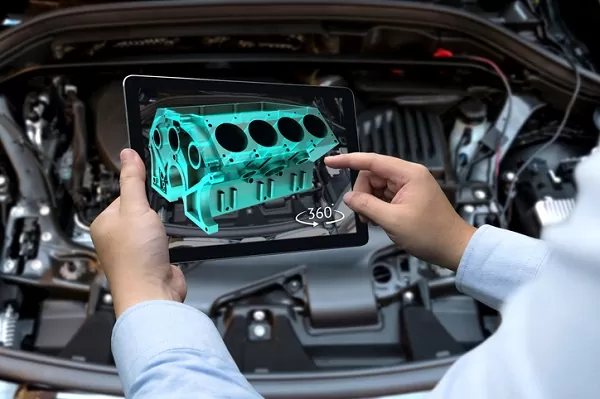Are you considering parting ways with your old car but uncertain whether to trade it in or sell it privately? Each option has its pros and cons, and the decision ultimately depends on your specific needs and circumstances.
Let’s take a closer look at both routes to help you make an informed choice and maximize the value of your vehicle.
Trade-In
When you trade in your car, you are essentially selling it to a dealership as part of the transaction for purchasing a new vehicle. The main advantage of this option is convenience. Trading in a car is typically a quick and hassle-free process compared to selling privately. You drive your old car to the dealership, negotiate a trade-in price, and then drive away in your new car. The dealership handles all the paperwork and other logistical aspects of the sale.
Another benefit of trading in your car is that you can potentially save on sales tax. In some states, the trade-in value of your old car is subtracted from the purchase price of the new car, which can result in significant tax savings.
However, there are some downsides to trading in your car. For starters, you might not get as much money for your car compared to selling it privately. Dealerships are in the business of making a profit, so they will offer you a wholesale price that is below the retail value of your vehicle. Additionally, your negotiating power may be limited, especially if you are eager to close the deal on your new car.
Selling Privately
Selling your car privately involves finding a buyer yourself, either through classified ads, online platforms, or word of mouth. The main advantage of this option is that you can potentially get more money for your car compared to trading it in. By selling directly to the buyer, you can avoid the middleman and set your asking price based on the retail value of your vehicle.
However, selling a car privately also comes with its challenges. For one, it can be time-consuming and requires more effort compared to trading in. You will need to take photos, create ads, answer inquiries, and meet with potential buyers. You will also be responsible for handling all the paperwork, including the bill of sale and title transfer.
It’s also important to note that if your car has a salvage title, your options may be limited. While some people might consider salvage title loans, others may be wary of purchasing a car with a salvage title due to its history of damage or repairs.
Conclusion
In conclusion, the decision to trade in or sell your car privately ultimately depends on your individual needs and circumstances. If convenience and time savings are your top priorities, then trading in might be the way to go. However, if you are looking to maximize your return, selling privately is the better option. Whichever route you choose, make sure to do your research and carefully consider all the factors involved to ensure that you get the best possible deal.






